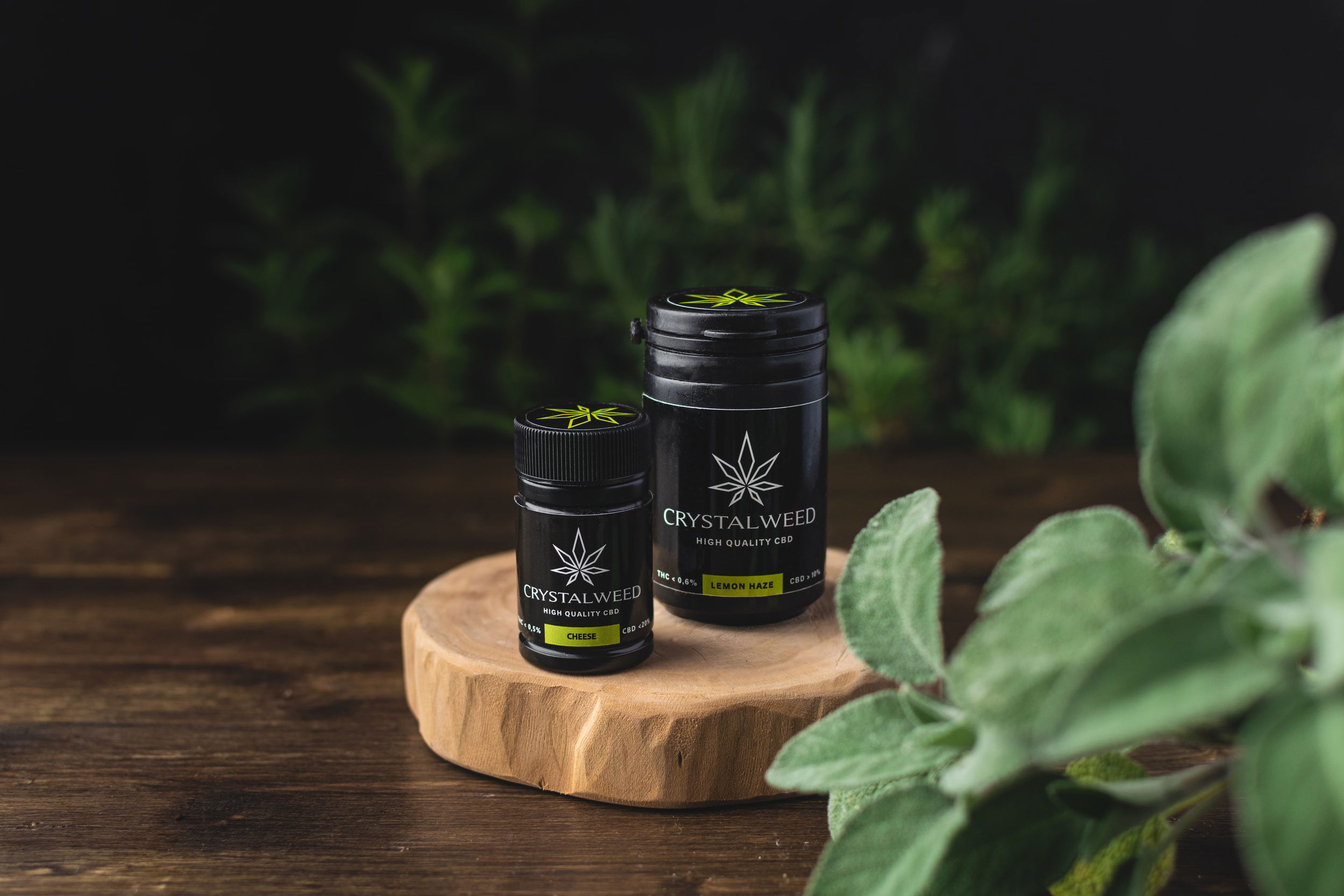Beyond Pharmaceuticals: Exploring CBD Oil as an Alternative Health Solution
In a world where pharmaceutical interventions have long been the norm, individuals are increasingly seeking alternative approaches to health and well-being. Among the emerging options, CBD oil has garnered significant attention as a natural remedy with potential therapeutic benefits. Derived from the cannabis plant, CBD oil offers a holistic approach that goes beyond traditional pharmaceutical solutions. In this article, we will delve into the concept of alternative health solutions and explore how CBD oil is gaining recognition as a viable option for those seeking a different path to wellness.

Rising Interest in Alternative Health Solutions
The rise of alternative health solutions reflects a growing awareness of the limitations and potential drawbacks of conventional pharmaceutical treatments. Individuals are seeking treatments that address the root causes of their health concerns and prioritize the body's innate healing mechanisms. This shift in perspective has led to a reevaluation of natural remedies that have been used for centuries across various cultures.
CBD Oil: A Natural Alternative
Cannabidiol (CBD) is a non-psychoactive compound found in the cannabis plant that has garnered attention for its potential therapeutic effects. CBD oil is extracted from the hemp variety of cannabis and offers an alternative approach to health and wellness. The key to CBD's potential lies in its interaction with the body's endocannabinoid system (ECS).
Scientific Evidence on CBD Oil's Alternative Benefits
Research into CBD oil's alternative benefits is expanding, and while the field is still relatively new, there are promising findings that suggest its potential. A study published in the Journal of Experimental Medicine in 2012 discussed the potential of CBD for pain management and its anti-inflammatory effects. The researchers noted CBD's interaction with receptors in the ECS as a potential mechanism for its pain-relieving properties.
Another study published in the CNS & Neurological Disorders Drug Targets journal in 2014 explored the potential of CBD in neurological disorders. The study discussed CBD's potential neuroprotective effects and its role in modulating neuroinflammation, which could have implications for alternative approaches to neurological health.
A Holistic Approach to Wellness
The appeal of CBD oil as an alternative health solution lies in its holistic nature. Instead of targeting isolated symptoms, CBD oil aims to restore balance to the body and support its natural processes. By interacting with the ECS, CBD may influence various physiological functions, including mood regulation, pain perception, and immune response.
Incorporating CBD Oil into Your Alternative Health Routine
When considering CBD oil as an alternative health solution, it's important to choose a high-quality product from a reputable source. CBD oil can be taken orally, sublingually, or even applied topically for targeted relief. The appropriate dosage may vary based on individual needs and health conditions.
Consulting Healthcare Professionals
Before incorporating CBD oil into your alternative health routine, consulting with healthcare professionals is recommended. They can provide personalized guidance based on your specific health goals, medical history, and any ongoing treatments.

Conclusion
The exploration of alternative health solutions represents a shift towards embracing treatments that align with the body's natural healing capacities. CBD oil's potential therapeutic benefits, its interaction with the endocannabinoid system, and its holistic approach to wellness make it a compelling option for those seeking alternatives to traditional pharmaceutical interventions.
While research is still unfolding, the existing evidence suggests that CBD's potential pain-relieving effects, its role in neurological health, and its contribution to overall well-being could make it a valuable alternative health solution. Incorporating CBD oil into your alternative health routine, under the guidance of healthcare professionals, could be a step towards embracing a natural path to optimal health and vitality.
Sources:
- Xiong W, Cui T, Cheng K, et al. Cannabinoids suppress inflammatory and neuropathic pain by targeting α3 glycine receptors. J Exp Med. 2012;209(6):1121-1134. DOI:10.1084/jem.20120242
- Fernández-Ruiz J, Sagredo O, Pazos MR, et al. Cannabidiol for neurodegenerative disorders: important new clinical applications for this phytocannabinoid? Br J Clin Pharmacol. 2013;75(2):323-333. DOI:10.1111/j.1365-2125.2012.04341.x
Please note that the scientific landscape is continually evolving, and new research may have emerged since the publication of these sources. Always consult with healthcare professionals before making any significant changes to your alternative health routine.